Most crime novels offer a curious kind of escape, to places that jag the nerves and worry the mind. Their rides of suspense give a good thrill, but it’s rarely a comfortable one. If it’s cosy detection we’re after, we usually look to the past, as Dylan Thomas clearly did: ‘Poetry is not the most important thing in life… I’d much rather lie in a hot bath reading Agatha Christie and sucking sweets.’ Rennie Airth, with his series of John Madden mysteries, provides a middle way, and one that in many ways feels altogether nobler.
The Reckoning is the fourth of Madden’s cases. It sees our man in retirement from his role in Scotland Yard, a few years after the conclusion of the second world war. But it is an earlier war that must now preoccupy Madden when he is reluctantly pulled back into policing and his past by a murder whose victim had been on the verge of contacting him. Despite his near-photographic memory, the former detective has no recollection at all of the murdered man, a failure that bothers him almost more than the circumstances of the death, an unlikely dispatch by a single bullet in clear view of a witness.
In his pursuit of the truth Madden is no charismatic crime-cracker or daring avenger of wrongs. Instead he is a compatriot of such understated sleuths as Susan Hill’s artistic Simon Serrailler, or of Adam Dalgliesh, P.D. James’s quietly insightful and intensely private gentleman detective. Madden himself inclines towards long, contemplative silences, unsettlingly protracted on the page, as he struggles to clear his blurred recall of the past. As more murders inevitably follow, a link with a single incident in the trenches at last begins to emerge, and Madden is forced to re-witness the price paid by some for a slavish devotion to duty, and that paid by others for the terrified need to escape it.
The fogginess of Madden’s memory is an even match for the pea-souper that engulfs London and trips up its beat coppers as they vainly pursue the killer. An obvious device perhaps, but it is one that deftly conveys a country still dimmed by two catastrophic conflicts. And this — the painful depiction of the disorientating reverberations of war — is where Airth’s real talent lies. His mystery, although convincing, is rarely difficult to penetrate, and the killer’s identity never seems designed to shock. Yet all of this matters less than it might, thanks to the potent redrawing of a time that we would do well to remember. The London Airth gives us is mightily damaged, but it still functions, much like the dispirited people who populate it. And that includes Madden and his quarry — the war has not properly ended for either of them, a truth they have each found a way of dealing with, albeit to markedly different ends.
The Reckoning may leave nerves unshredded, but there’s no cosy resolution. It perturbs far less through a murderer’s riddle than through its retelling of a fundamentally broken past. Even as he read Agatha Christie, Dylan Thomas was well aware of ‘the darkness in the weather of the eye’. A century on from the outbreak of war, Rennie Airth has provided a timely shake for any comfortably reclining shoulders.
Got something to add? Join the discussion and comment below.
Get 10 issues for just $10
Subscribe to The Spectator Australia today for the next 10 magazine issues, plus full online access, for just $10.
Available from the Spectator Bookshop, £16.99, Tel: 08430 600033
You might disagree with half of it, but you’ll enjoy reading all of it. Try your first month for free, then just $2 a week for the remainder of your first year.

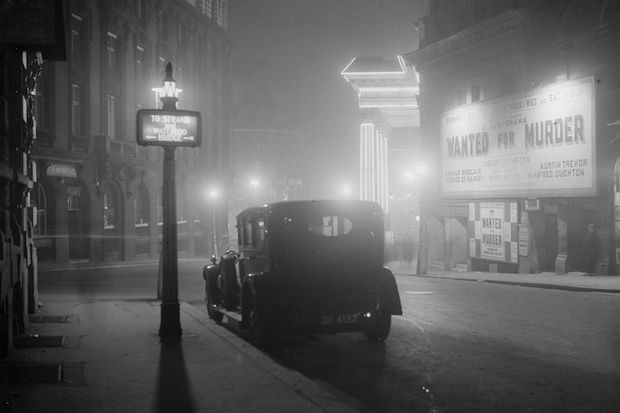
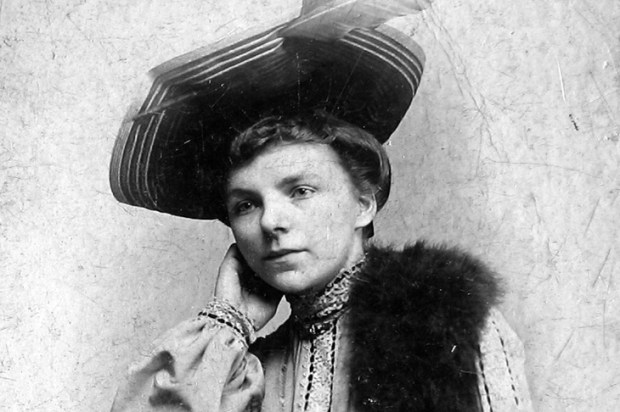

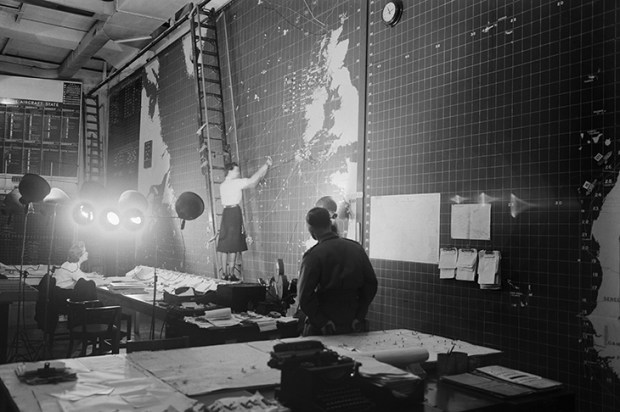

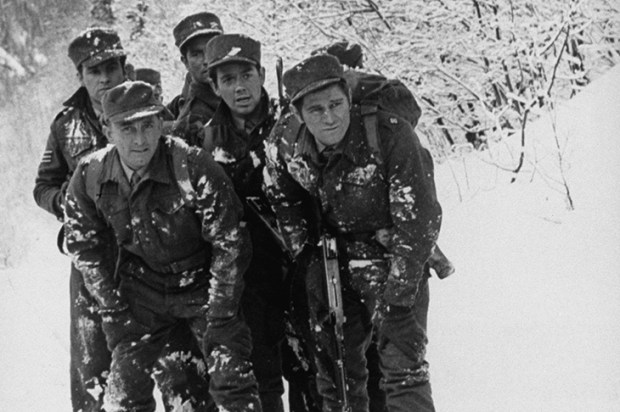
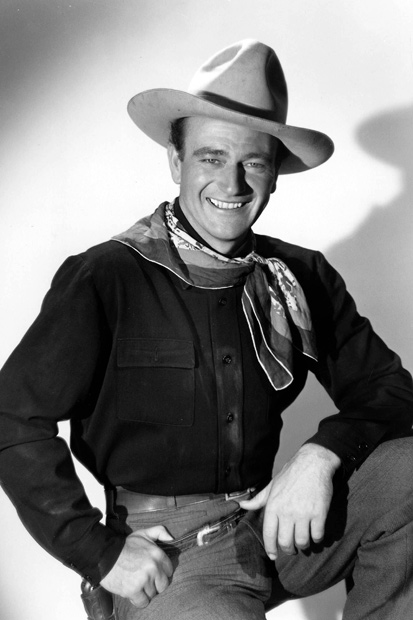






Comments
Don't miss out
Join the conversation with other Spectator Australia readers. Subscribe to leave a comment.
SUBSCRIBEAlready a subscriber? Log in